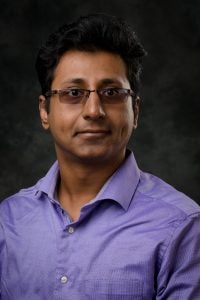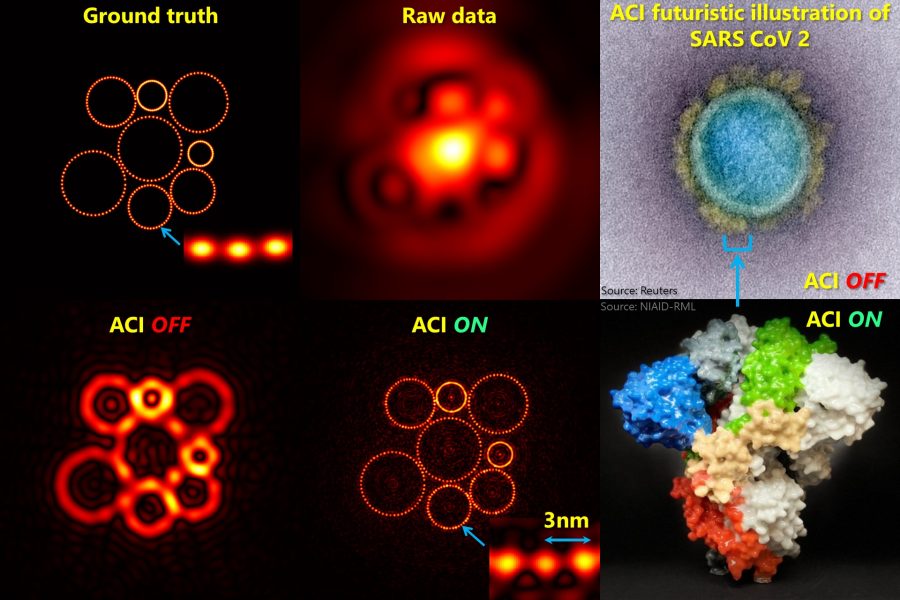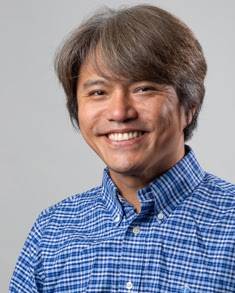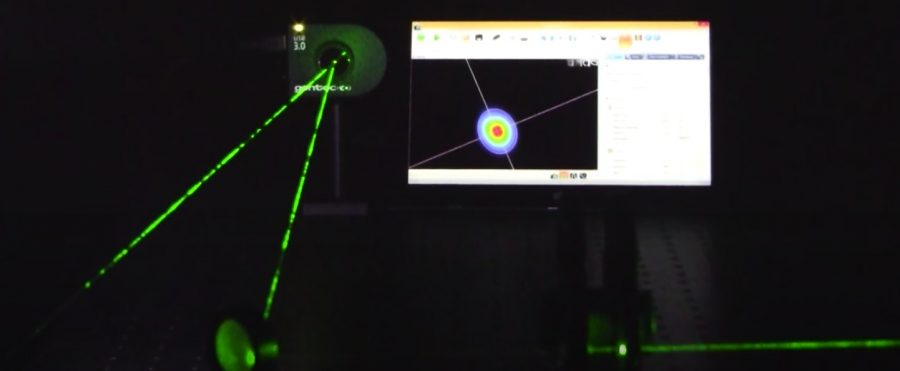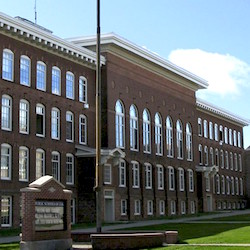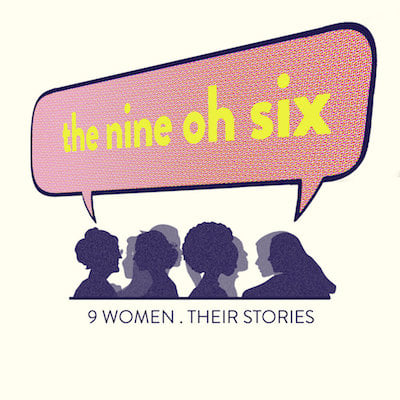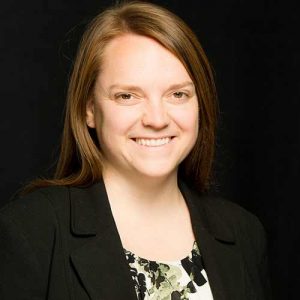
Outstanding students, staff, and a special alumni were honored Friday (April 16) during Michigan Tech’s 27th Annual Student Leadership Awards Virtual Ceremony.
Keynote speaker Kaitlyn Bunker ’10 ’12 ’14 (BS, MS, PhD Electrical Engineering), won the Outstanding Young Alumni Award along with Megan Kreiger ’09 ’12 (Mathematics and Materials Science and Engineering).
By Student Leadership and Involvement.

